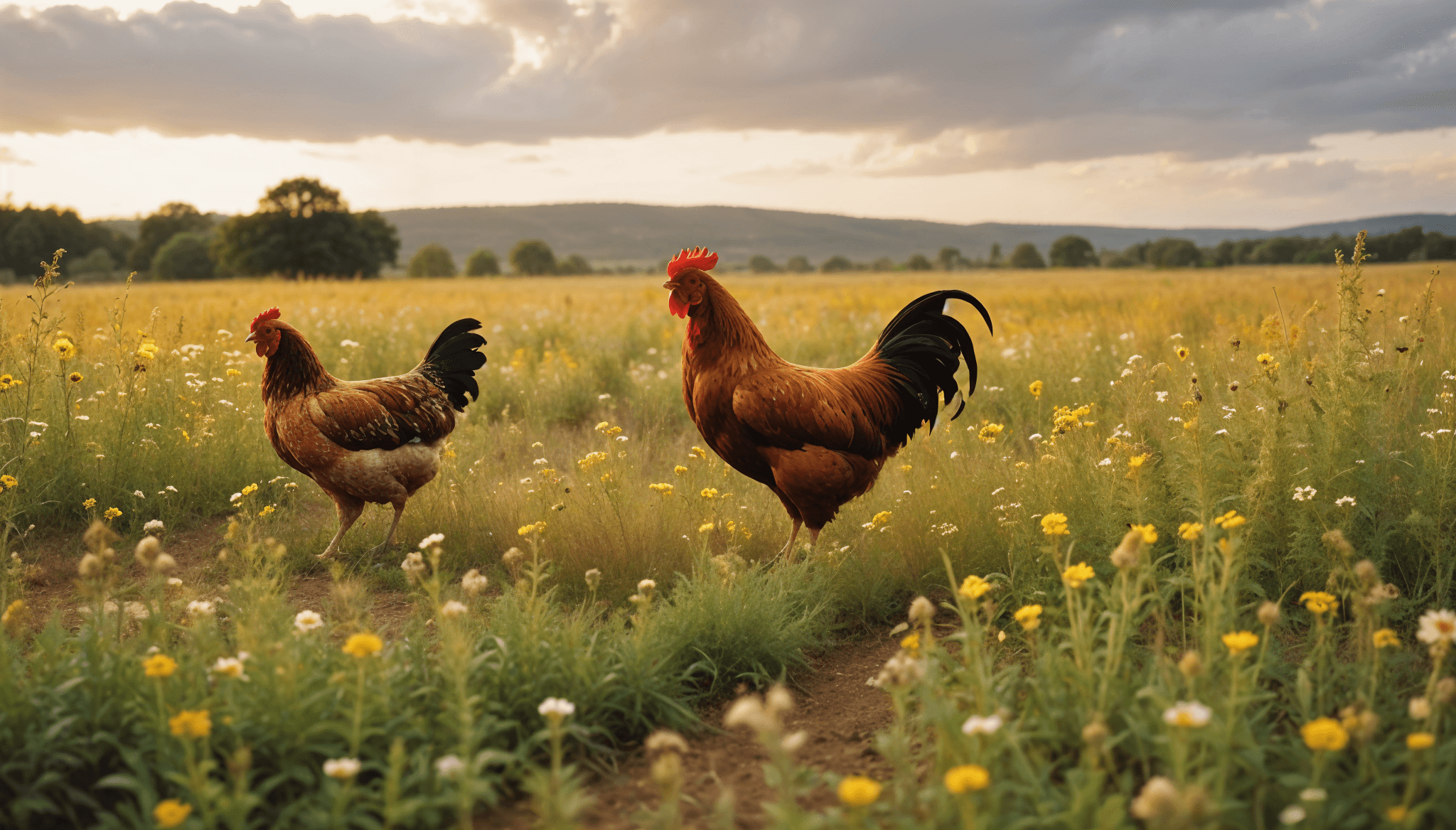The use of alternative ingredients in animal feed has been a topic of growing interest, particularly with the potential inclusion of hemp seed. This development is poised to significantly change the agricultural and animal feed industries, opening up new markets and opportunities for farmers. This article examines the latest proposals and their implications for the future.
Emerging trends in animal feed ingredients
The Association of American Feed Control Officials (AAFCO) plays a critical role in regulating and approving ingredients used in animal feed. Recent discussions have focused on allowing chicken feed producers to incorporate hemp seed into their products. If approved, this could mark a substantial shift in feed compositions.
Hemp seed as a viable option
Hemp seed boasts a high nutritional profile, making it an attractive addition to animal diets. The proposal under consideration would permit the inclusion of up to 20% hemp seed in chicken feed. Advocates argue that this would not only enhance the nutritional value but also introduce a sustainable crop that can diversify farmers’ production options.
The impact on farmers and the agricultural industry
If approved, the proposal will unlock new market opportunities for farmers to cultivate hemp specifically for animal feed. By expanding the range of crops grown, this diversification could provide financial stability and reduce risk.
Navigating regulatory challenges
The Memorandum of Understanding between AAFCO and the FDA concerning animal feed ingredient recommendations recently expired, creating a new landscape for regulatory processes. This development could lead to shifts in how quickly and efficiently new ingredients like hemp seed are approved and implemented within the market.
Future outlook and potential benefits
Incorporating hemp seed into animal feed aligns with larger sustainability goals. Hemp is known for its ability to grow in diverse conditions and improve soil health, contributing positively to environmental quality. Including it in feed could enhance these benefits across the agricultural sector.
Health advantages for livestock
The high nutritional value of hemp seed can translate into better overall health for livestock, potentially improving growth rates and productivity. Enhanced dietary profiles could result in higher-quality meat and other animal products, offering additional benefits down the supply chain.
Economic implications for the industry
The introduction of hemp seed into animal feed could drive economic growth within the agriculture sector. As demand increases, the ripple effects could include more job opportunities and stronger rural economies. Additionally, the competitive edge provided by innovative feed compositions could position certain regions as leaders in agricultural innovation.
Next steps
Including hemp seed in animal feed represents a significant opportunity for the agricultural industry. It promises not only nutritional and environmental benefits but also economic advantages. Stakeholders and policymakers must navigate regulatory landscapes carefully to ensure smooth implementation and maximize these potential gains. As we await further developments, the anticipation grows around the promising future of hemp in animal feed.





